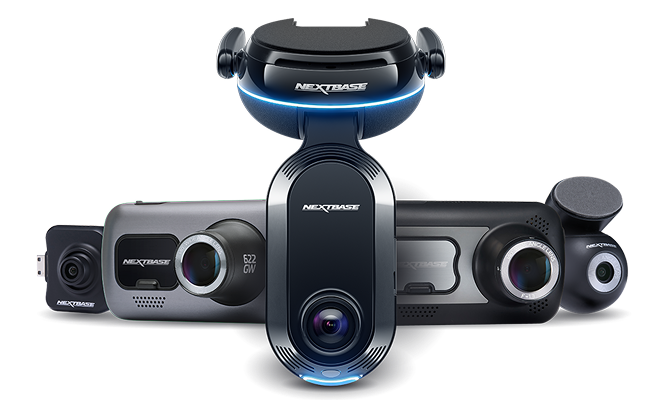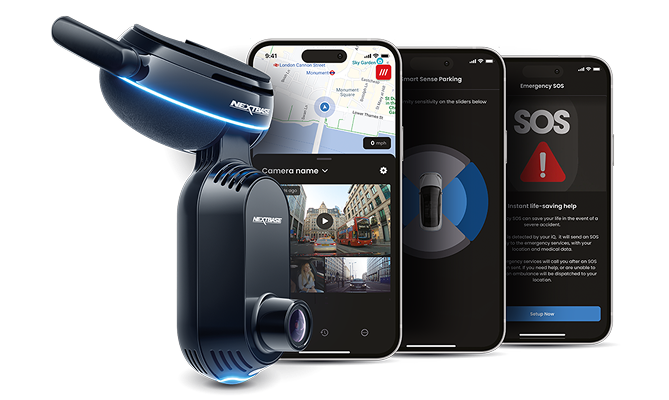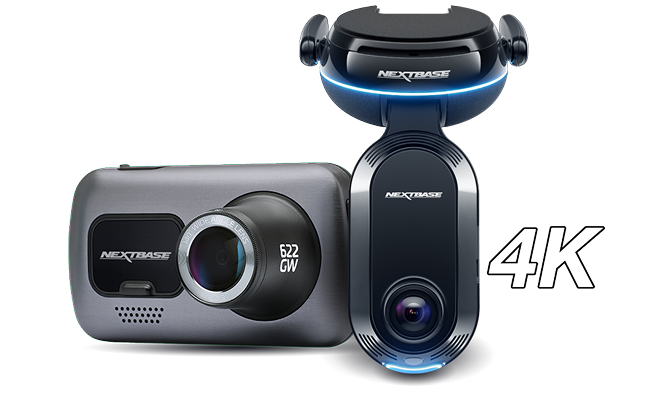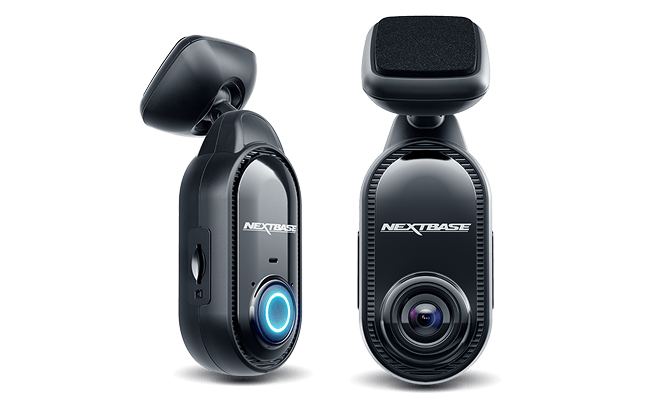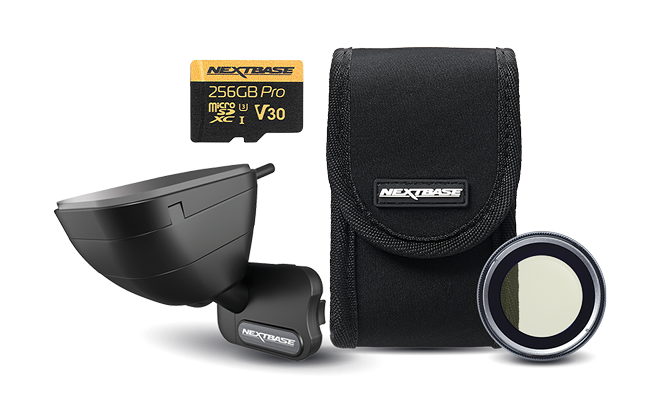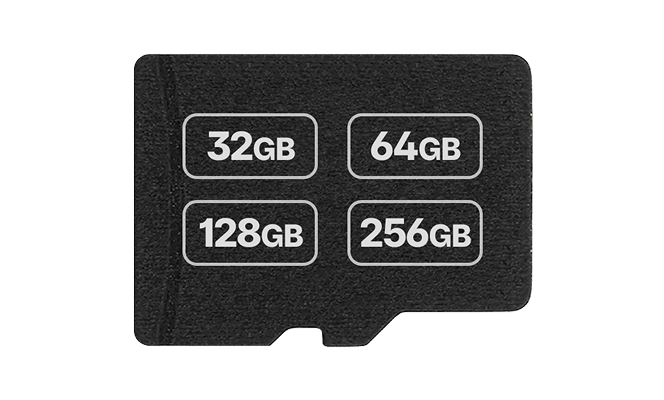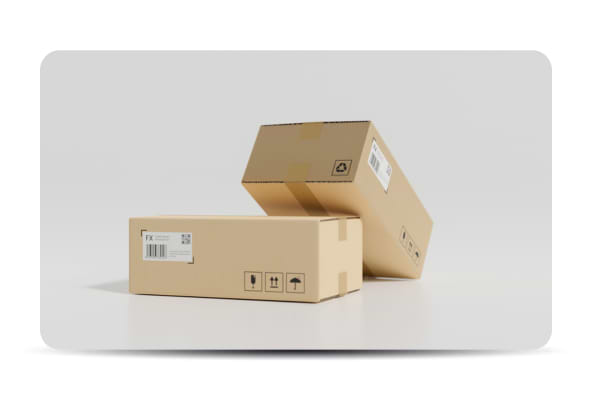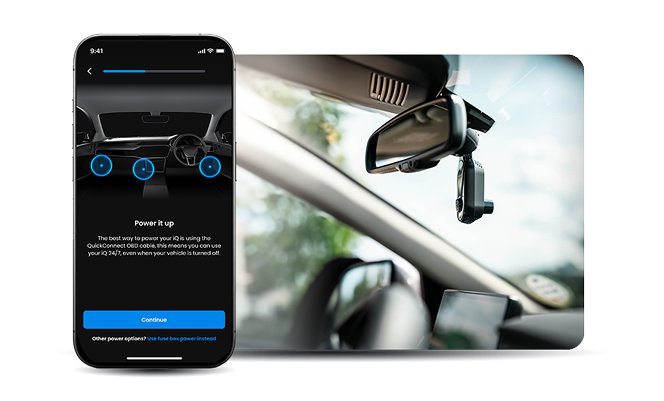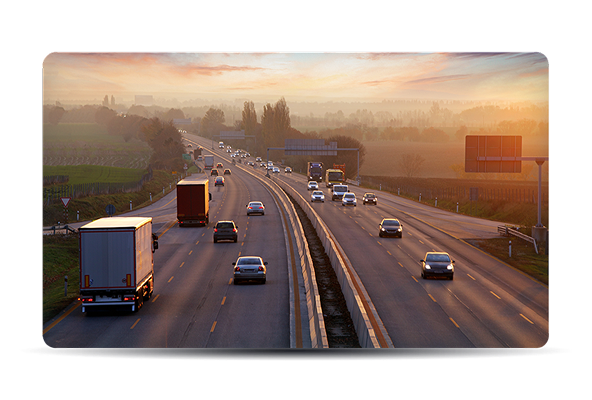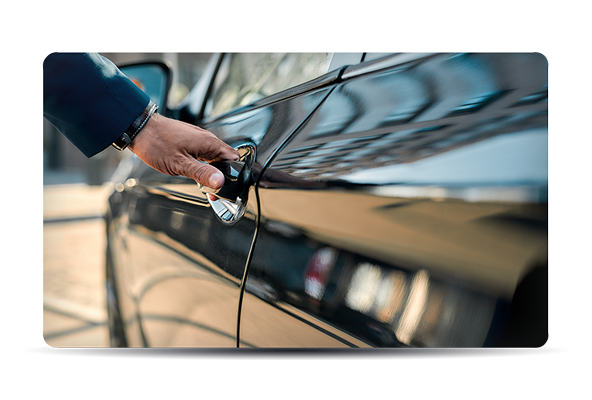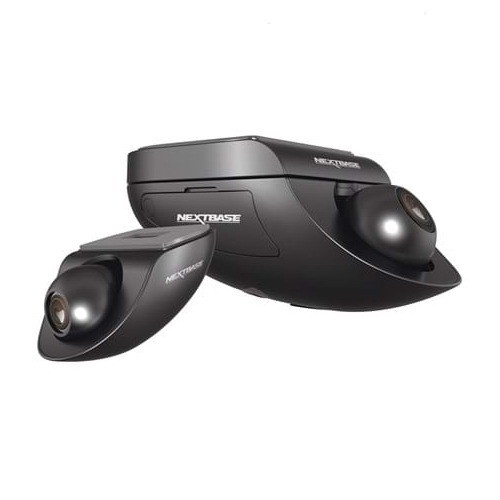Manuals
My Nextbase Player
Firmware
My Nextbase Connect Mobile Apps
FAQs
Videos
Manuals
Here you can find the latest 380GWX.
Click the blue arrow to download your chosen manual.
Manuals
Firmware
Firmware for your product
Here you can find the latest firmware for your 380GWX Dash Cam.
Updating instructions here.
Firmware
My Nextbase
Connect Mobile Apps
Cam Viewer
The latest version of the Cam Viewer mobile app can be downloaded from the Google Play Store or Apple App Store.
Refer to the Cam Viewer App connection guide here.
FAQs
1.How do I check my Dash Cam's current firmware version?
You can check this on the CamViewer mobile app or Replay3 computer app.
2.Why do I need to update my Dash Cam’s firmware?
Our Developers are always working to improve the functionality of our cameras and provide new features, such as different languages. We can do this even once you have your camera by releasing new firmware. To benefit from these improvements and updates, please check your Dash Cam's firmware and update it if there is an update available.
3.How do I update my Dash Cam’s firmware?
Updating the camera's firmware manually is a simple process. Please follow the link below for the update guide:
4.How to connect a 380GW in Update Mode to a computer?
To connect the Dash Cam in Update mode, press and hold the Protect button during connection of the USB cable. Release the button once the Wi-Fi button flashes blue.
5.How do I connect my camera to a computer?
1) Plug your Dash Cam in. Ensure the cable is plugged directly into the Dash Cam in the correct port (under the side flap of the camera). If it does not appear as a drive on your PC, please try all the USB ports on your computer.
2) Then the Dash Cam will be visible as a removable drive on your computer. If you go into My Computer (Windows) or Finder (Mac) you will be able to see the Dash Cam listed as a drive, usually called NEXTBASE.
3) Double click on this drive. You should then see nextbase.com, nextbase.info and DCIM.
4) Double click on 'DCIM'. Inside this you'll see a selection of folders. Inside these folders are your photos and footage.
5) You can copy the files onto your PC to save, view them using your computer's media player, or view the files using the correct Nextbase app- Replay3. This can be downloaded from the above ‘Software’ section.
1.Which Hard Wire Kit is this camera compatible with?
The Series 1 and Series 2 Hard Wire Kits will work with the Series 1 model Cameras. The Series 2 Hard Wire Kit is backwards compatible.
2.I need a spare part.
Any spare parts can be purchased from the below website:
1.Freezing / Not Recording / Audible Alarms or Noises.
Please check that your card is not larger than 128GB and has a minimum U1 class.
Please remove the SD card, then press the reset button on the side of the Dash Cam. Then, without the SD card inserted, please turn on the Camera. Does it now start normally? If so, then the SD card has either failed due or is not compatible for Dash Cam usage.
2.How do I stop my camera making noises?
The camera makes notification tones for a variety of reasons, such as turning on or off, if an SD card format required, connecting to the app etc.
You can turn off the camera notification tones using your CamViewer app.
1. Open the app on your phone.
2. Ensure the Dash Cam is connected to the app.
3. In the top left hand corner of the app home screen is a menu button. Select this.
4. The top option is 'Dash Cam Settings'. Select this.
(If this option is grey'd out, the camera is not connected to your app)
5. There's two options at the top- 'Video' and 'Setup'. Select 'Setup'.
6. You'll see 'Sounds' half way down the screen. Use the button on the right of 'Sounds' to disable the sounds from the camera. Green is on, grey is off.
This will only turn off the sounds from the camera, not the audio track on the camera recordings.
Yes, a new battery can be purchased on the Accessory Page of our Website.
The default password for the Nextbase 380 (300W, 380GW and 380GWX) range is 12345678
As this is the default password this should be changed on first use to make your device secure.
1.I am having a problem with the CamViewer app.
Please check that your CamViewer app is on the latest version available and that your phone has Wi-Fi turned on.
If you require any further help with an app issue, please contact Nextbase Support at support@nextbase.com , Live Chat or 02920 866429 (UK).
2.How do I set up the mobile app?
Please see this video section below on how to set up the Wi-Fi between your camera and your phone.
1.What type of Micro SD card should I use, and what is the maximum compatible size for this camera?
The maximum compatible SD card for the 380GWX is 128GB. We would recommend a Dash Cam compatible 8GB-128GB U3 Micro SD card, specifically designed for Dash Cam or CCTV usage. We would recommend a Nextbase SD card for guaranteed functionality within a Nextbase product
2.Why do I need to format my SD card?
Our Developers are always working to improve the functionality of our cameras and provide new features, such as different languages. We can do this even once you have your camera by releasing new firmware. To benefit from these improvements and updates, please check your Dash Cam's firmware and update it if there is an update available.
3.How do I format my SD card?
You can re-format the card by two methods;
1) On the Dash Cam Itself
2) On a Computer
1) On the Dash Cam:
a) Turn on the Dash Cam
b) Stop it recording (press the red button once under the flap on the side of the camera).
c) Click and hold the red triangle for 6 seconds.
d) The yellow LED will then flash.
2) On a Computer:
a) Plug the SD card into the SD card port, or plug the provided USB cable into the port on the top of the camera.
b) When the drive appears, right click on the drive.
c) Select 'Format' (Windows) or 'Erase' (Mac)
e) Do not click the 'Quick Format box'. Please ensure it's formatted as exFAt or FAT32.
f) Follow the instructions.
Please be aware that formatting the SD card will delete all the data on the card, so if you wish to keep any footage, please copy this across to a computer before you start the formatting process.
We recommend reformatting the SD card every 2-3 weeks to prolong the life of the card.
4.How often should I format my SD card?
It is crucial to format every 2 weeks to delete any built-up footage.
The camera records the audio from inside your car onto the recordings, along with the video.
You can turn off the camera audio using your CamViewer app.
1. Open the app on your phone.
2. Ensure the Dash Cam is connected to the app.
3. In the top left hand corner of the app home screen is a menu button. Select this.
4. The top option is 'Dash Cam Settings'. Select this.
(If this option is grey'd out, the camera is not connected to your app)
5. There's two options at the top- 'Video' and 'Setup'. Select 'Video'.
6. You'll see 'Audio Recording' half way down the screen. Use the button on the right of 'Audio Recording' to disable the sounds from the camera. Green is on, grey is off.
This will only turn off the audio track on the camera recordings, not the notification sounds coming from the camera itself.D card.
If it's solid yellow then the camera has GPS signal.
1.What do the LEDs on the top of the camera mean?
Blue: This is the battery indicator. (This will only function when a battery pack is in use)
If the blue LED is flashing quickly then the battery is low.
If it's a solid blue then the battery is charging.
Red: This is the power indicator.
If the red LED is flashing slowly, then the camera is recording.
If it's flashing quickly, then the camera is updating the firmware.
If it's solid red then the camera is turned on.
Yellow: This is the GPS and formatting indicator.
If the yellow LED is flashing slowly, then the camera is searching for GPS.
If it's flashing quickly, then the camera is formatting the SD card.
If it's solid yellow then the camera has GPS signal.
2.The red/blue triangle is illuminated on the top of the camera, what does that mean?
The Red triangle is the Protect button.
If this is slowly flashing, then the camera is connected to a computer in Mass Storage Mode.
If it's quickly flashing, then the card requires formatting, or has corrupted.
If the Protect button is solid red, then the footage is being protected.
The Blue triangle is the Wi-Fi button.
If this is slowly flashing, then the camera is in Wi-Fi mode or Update Mode.
If it's quickly flashing, then the card requires formatting, or has corrupted.
If the Wi-Fi button is solid blue, then the camera is connected to a mobile phone


